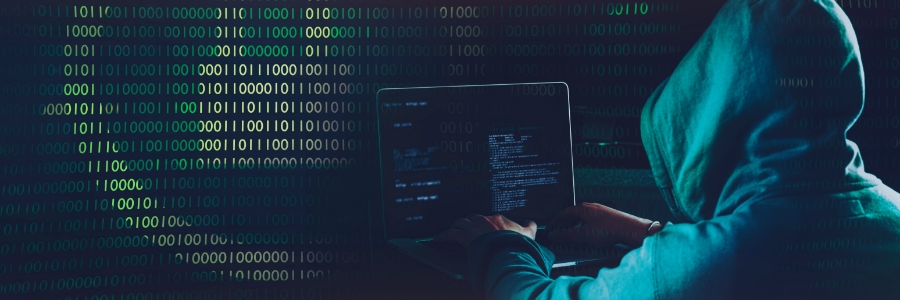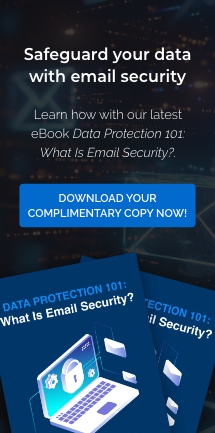 The rise of remote work and virtual communication has made it more important than ever to secure our devices against cyberthreats. Hackers are constantly finding new ways to exploit our digital vulnerabilities, from webcam spying to unauthorized screen viewing. But don't worry! There are steps you can take to protect yourself.
The rise of remote work and virtual communication has made it more important than ever to secure our devices against cyberthreats. Hackers are constantly finding new ways to exploit our digital vulnerabilities, from webcam spying to unauthorized screen viewing. But don't worry! There are steps you can take to protect yourself.
Install anti-malware software
No matter what type of device you are using, it is important to install security software that includes an anti-malware component. Malware, short for malicious software, can infect your device and cause a range of problems, from stealing your personal data to taking over your computer's processing power for criminal activities. Anti-malware software can detect and remove malware from your device and prevent future infections. It is important to keep your anti-malware software up to date with the latest definitions and to run regular scans to ensure that your device is protected.
Watch your webcam
One of the scariest implications of a malware attack is the potential for webcam spying. Certain types of malware allow cybercriminals to gain access to your webcam and watch what you are doing in real time. That means criminals can spy on your personal life, surveil your business meetings, and even record compromising moments for blackmail.
The best way to protect yourself is by using a webcam cover or sticking black tape on your webcam when not in use. You should also check which applications have permission to use your webcam and make sure none have more access than necessary. For instance, if you are using Zoom, you might want to only allow the app to access your webcam when you are actively using it. Some laptops even come with a hardware switch that physically disconnects the webcam, so take advantage of this if your device offers it.
Use a privacy screen protector
When you're using your device in a public area, people can easily look over your shoulder and read what's on your screen. You can protect your information by using a privacy screen protector, which is essentially a filter that reduces the amount of light coming from your laptop or smartphone. This makes it impossible for people around you to see your information unless they are directly in front of the screen.
Lock and password-protect your devices
If you like to work in a café or other public space, it is important to enable auto-lock on your device. That way, even if you're away from your device and someone picks it up, they will not be able to access it. It is also important to password-protect your device with a complex combination that only you remember, so that no one else can gain access to your data.
Leverage stronger authentication methods
Multifactor authentication (MFA) has become the norm for securing access to sensitive resources. With MFA, you need to enter an authentication code to gain access to your account. However, IT experts caution against using SMS authentication due to its vulnerability to cyberattacks. A better alternative is to use either a USB security token or biometric authentication such as fingerprints, retina, or facial scans. These additional methods of authentication are much more difficult to compromise because cybercriminals would need to physically possess the authentication device or replicate biometric information, which is nearly impossible.
Be extra cautious with public Wi-Fi
Public Wi-Fi networks are a common target for cybercriminals. In most cases, the network is not encrypted and hackers can easily eavesdrop on any data that is transmitted over the network. Additionally, malicious actors can set up fake networks that look legitimate but are actually designed to harvest your personal information.
To protect yourself when using public Wi-Fi, enable a virtual private network (VPN). VPNs encrypt your data traffic so that it is not visible to cybercriminals. However, in an ideal world, you should stay away from any public network as much as possible and only connect to private networks that you trust.
If you need professional solutions and expertise to keep your devices safe, we can help. Contact us today to learn more about our security services and get the peace of mind you deserve.


